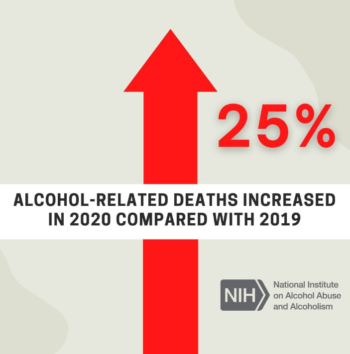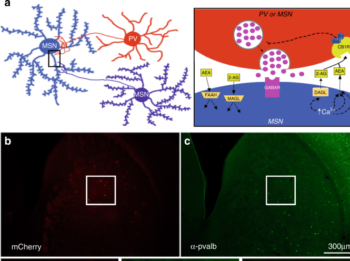Deaths involving alcohol increased during the COVID-19 pandemic
Recently researchers at NIAAA used the national death certificate database to assess changes in alcohol-related deaths during the first year of the pandemic. The results, published in JAMA, show that after increasing around 2.2% per year over the previous two decades, deaths involving alcohol jumped 25.5% between 2019 to 2020, totaling 99,107 deaths.1 The study showed … Read more





